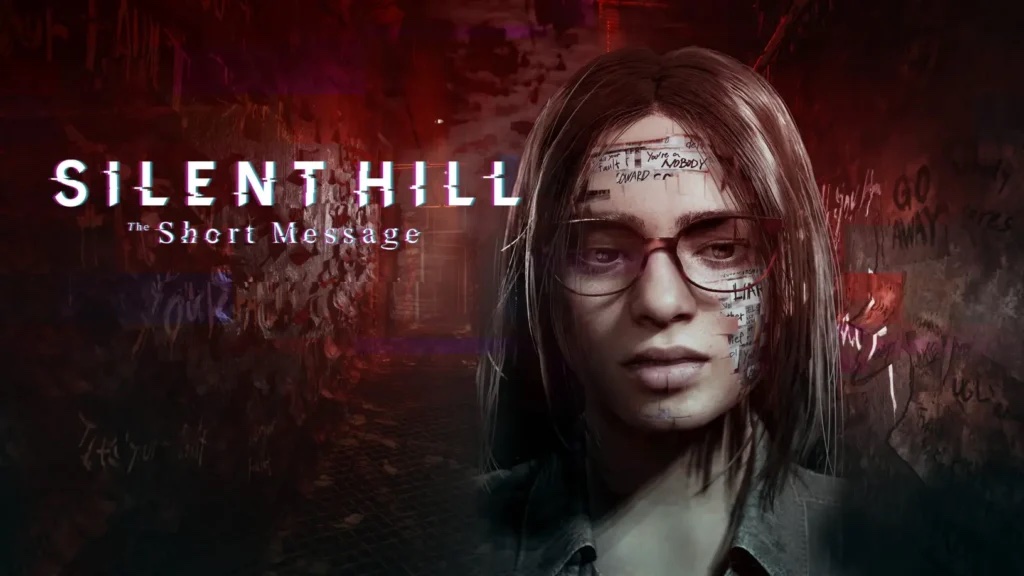
Control (Remedy Entertainment) launched to the top of my to-play list once I learned that the story existed within the same universe as Alan Wake, which was my favorite game from last year. From the opening cinematic, I knew this game would hit all the right vibes for me, and as I continued playing, I only fell in love with it more and more.
When Jesse Faden enters the Federal Bureau of Control (FBC) looking for her brother, who was taken who was taken by the FBC following a devastating Altered World Event (AWE) when they were children, she learns that the building — called the Oldest House — is under lockdown due to an incursion from an unforeseen threat, the Hiss. Upon discovering the Director dead in his office, Jesse picks up his service weapon, which initiates a test on the Astral Plane. She survives the test, thus becoming the new Director of the FBC.


